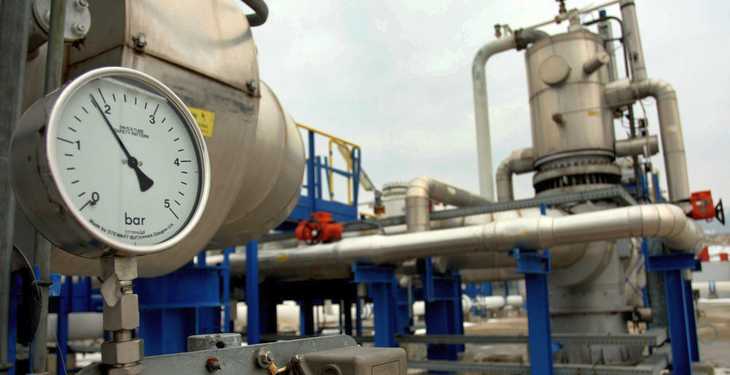Bulgaria stands to benefit from a provisional anti-trust settlement between the European Commission and Russian energy giant Gazprom – but experts fear the country may fail to take full advantage of the deal.
“For the first time, Gazprom has acknowledged that the company has been violating EU rules on re-exporting gas from one member state to another,” Martin Vladimirov, an analyst at the Centre for the Study of Democracy, told BIRN.
He stressed that the potential for a good settlement is “unprecedented” but added his voice to a group of experts who are concerned about how the deal will be implemented in Bulgaria, against the backdrop of Russia’s overwhelming influence over Bulgaria’s energy sector.
After some countries in Central and Eastern Europe have been complaining for years of paying higher prices for gas than those in Western Europe, a provisional agreement announced last month will allow Brussels to secure a more competitive gas market in Central and Eastern Europe, including in Bulgaria.
Brussels launched the investigation in 2012 following raids in Gazprom offices the year before and filed charges against the Russian company in 2015.
While denying the accusations, but also trying to avoid paying a hefty fine, Russian company came up with a number of suggestions to address the charges, including promises to ease restrictions on gas sales between EU member states, as well as better gas prices and contract terms.
“Gazprom is welcome to sell its gas in Europe but it has to follow EU rules, including our competition rules,” Margrethe Vestager, EU competition commissioner, said last month in Brussels.
Facing fierce competition at home and abroad and a drastic drop in global oil prices, Gazprom, which supplies around a third of the EU’s gas, seems keen to make some concessions.
While the consumption of gas in Europe dropped in the last decade from 489 billion cubic meters in 2006 to 397 billion in 2015, the European Union is still a key market for the Russian company.
In addition, more countries are trying to diversify by using renewable power sources.
Bulgaria, the poorest EU member state, is largely dependent on Russian energy. Gazprom is the sole provider of natural gas for the country, which consumed 2.9 billion cubic meters in 2015.
